The treasure trove of Dutch politics
The Dutch Political Parties Documentation Centre (DNPP) collects publications and materials about Dutch political parties. The result after 50 years: a treasure trove with almost all the information imaginable about political parties.
Text: Marjolein te Winkel
In order to study political parties and the Dutch party system, and compare today's politics with the past, it is crucial to have access to high quality information. And that's where the DNPP comes in. Journalists, researchers, and students from various fields, such as history, journalism, media studies, and political science, come to the DNPP to conduct research or make use of the vast amount of online information it offers.
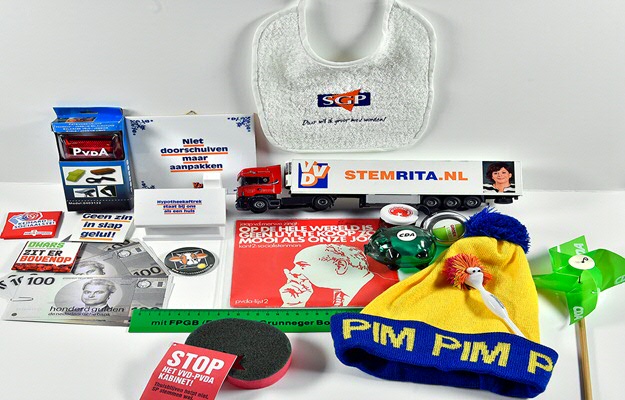
A wealth of information
Established in 1973, one of the core tasks of the DNPP is to collect and catalogue publications about and from Dutch political parties. The result after 50 years is a wealth of information about political parties.
This includes articles from national newspapers and opinion magazines, publications from the academic realm like monographs and collections, publications from political parties themselves such as brochures, periodicals, programs, statutes, and even election posters throughout the years, as well as various gadgets parties distribute during elections. Additionally, the DNPP manages the complete party archives of, among others, the VVD and D66, and keeps track of the membership numbers of political parties.
4,500 election posters
The material at the DNPP covers the period from the end of the nineteenth century when the first parties were established. The DNPP focuses on all aspects of political parties, including their research, training and educational institutes and their youth and women's organizations. All publications about and from political parties are included in the catalogue, complete with keywords for targeted searches. The online catalogue is available on the DNPP website.
Since theThe DNPP has been collecting election posters for a long time, it has been able to build a collection of over 4,500 posters from almost 100 different political parties. All posters have been digitised and are freely accessible in the repository.
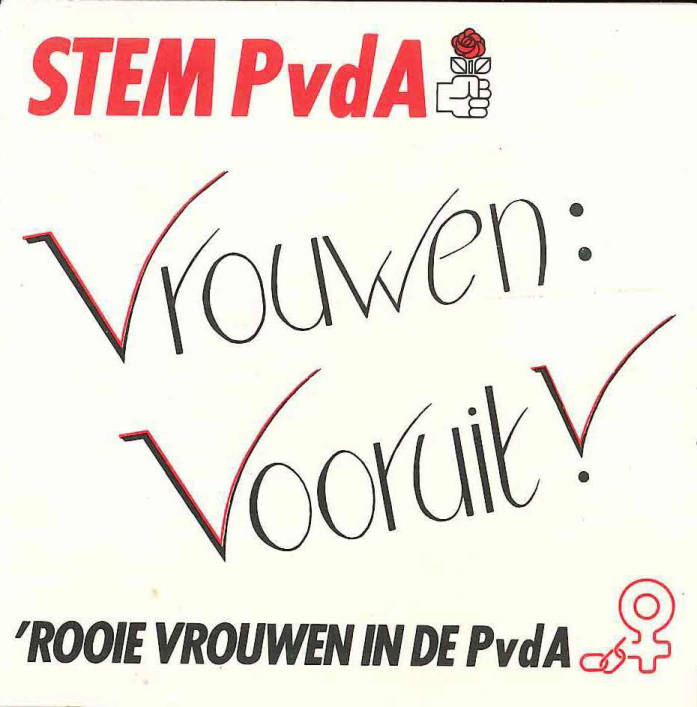
Web archive
In 2001, the DNPP started the Archipol project to preserve websites of Dutch political parties. These websites have become increasingly important for communication between parties and their supporters, such as members and voters. Much of the information that used to be in party magazines can now only be found on their websites. Archipol is now outdated and no longer in use. A new system is currently being developed and expected to be available in 2024.
Scientific research
In addition to preserving documents, the DNPP also encourages, supports, and guides scientific research on Dutch political parties. DNPP researchers have conducted research on the history of the VVD, the founding of GroenLinks, election posters in the twentieth century, and how political parties use new technologies.
Political scientist Dr Léonie de Jonge is a lecturer at the Faculty of Arts and a scientific staff member at the DNPP. She researches populism and extreme right-wing parties. Together with her colleague Simon Otjes from Leiden, she contributes annually to the Political Data Yearbook.
De Jonge also co-authored an article with Gerrit Voerman, director of the DNPP, titled "De BoerBurgerBeweging: an agricultural interest party with populist traits," following the BBB's electoral victory in the spring of 2023. They also published an opinion piece in NRC about the New Social Contract, titled "Pieter Omtzigt reinvents the CDA" and an analysis of the four radical-right parties PVV, FVD, JA21, and BVNL.
De Jonge says, "Nowadays, parties struggle to connect with people and get them to the polls. They also find it difficult to present clear ideas in their programmes." However, she emphasises that this does not mean we can do without political parties in our democracy. "Parties play a crucial role in democracy: they are a vital link between politics and society. That's why it is good to have a place that records all their activities and publications and encourages scientific research into them."
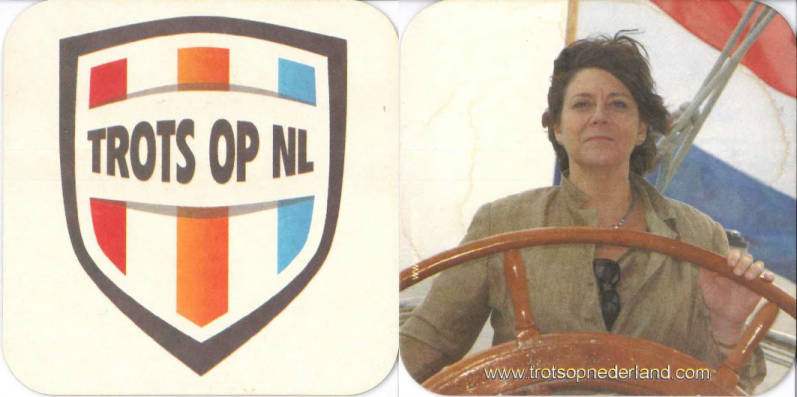
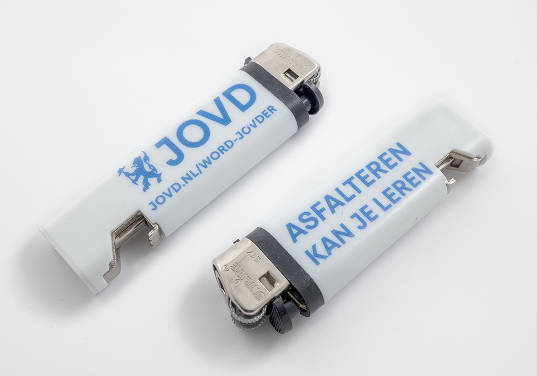
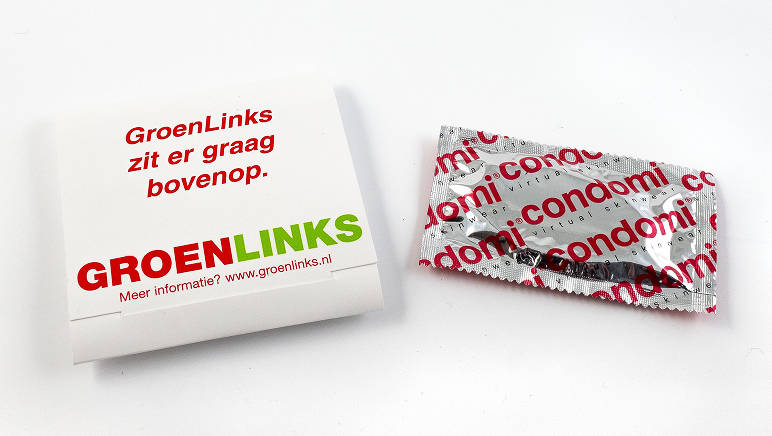
| Last modified: | 02 May 2024 2.33 p.m. |
More news
-
12 March 2025
Breaking news: local journalism is alive
Local journalism is alive, still plays an important role in our lives and definitely has a future. In fact, local journalism can play a more crucial role than ever in creating our sense of community. But for that to happen, journalists will have to...
-
11 March 2025
Student challenge: Starting Stories
The Challenge Starting Stories dares you to think about the beginning of recent novels for ten days.
-
11 March 2025
New: Sketch Engine, tool for language research
Sketch Engine is a tool for language research, which can also be used for text analysis or text mining.
